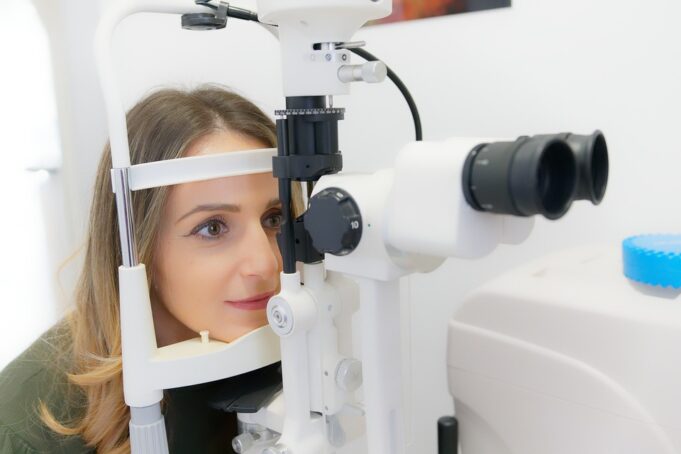The Science Behind the Ketogenic Diet and its Effects on PCOS
Polycystic ovary syndrome (PCOS) is a common hormonal disorder that affects many women of reproductive age. It is characterized by irregular menstrual periods, high levels of male hormones, and enlarged ovaries with small cysts. Women with PCOS may also experience weight gain, insulin resistance, and infertility.
Recent research suggests that the ketogenic diet – a low-carbohydrate, high-fat diet – may be an effective way to manage some symptoms of PCOS. Here’s what science says about this popular diet and its effects on PCOS.
What is the ketogenic diet?
The ketogenic diet involves reducing carbohydrate intake to less than 50 grams per day while increasing fat consumption to around 70% of daily calories. This forces the body into a state called ketosis, in which it burns fat for energy instead of glucose from carbohydrates.
Studies have shown that the ketogenic diet can help people lose weight and improve their blood sugar control. It has also been used as a treatment for epilepsy since the 1920s.
How does keto affect PCOS?
Women with PCOS often struggle with insulin resistance, meaning their bodies have trouble using insulin effectively to regulate blood sugar levels. This can lead to high blood sugar levels over time and increase the risk of developing type 2 diabetes.
Research suggests that following a low-carbohydrate or ketogenic diet can improve insulin sensitivity in women with PCOS. A study published in Nutrition & Metabolism found that women who followed a very-low-carbohydrate ketogenic diet for six months had significant improvements in fasting glucose levels compared to those who followed a standard low-calorie diet.
Another study published in Endocrine Practice found that overweight women with PCOS who followed a very-low-carbohydrate ketogenic diet lost more weight than those who followed either a standard low-fat or moderate-carbohydrate diets after six months.
In addition, the ketogenic diet may help reduce inflammation in women with PCOS. A study published in the Journal of Translational Medicine found that a very-low-carbohydrate ketogenic diet reduced markers of inflammation in women with PCOS compared to those who followed a standard low-calorie diet.
However, more research is needed to fully understand the long-term effects of the ketogenic diet on PCOS and whether it can improve fertility outcomes.
Is keto safe for women with PCOS?
While some studies suggest that following a low-carbohydrate or ketogenic diet may be beneficial for managing symptoms of PCOS, it’s important to consult with a healthcare professional before starting any new dietary regimen.
The American College of Obstetricians and Gynecologists recommends that women with PCOS follow a healthy eating plan that includes plenty of fruits, vegetables, whole grains, lean protein sources, and healthy fats. They also advise against extreme diets or cutting out entire food groups without medical supervision.
Some experts caution that following an extremely low-carbohydrate or high-fat diet like keto may not be sustainable over time and could lead to nutrient deficiencies if not done properly. It’s important to work closely with a registered dietician or healthcare provider when making significant changes to your dietary habits.
Future advances
As interest in using dietary interventions for managing chronic diseases continues to grow, researchers are exploring new ways to use nutrition as medicine for conditions like PCOS.
One area of focus is personalized nutrition – tailoring dietary recommendations based on individual genetics and metabolic profiles. A recent study published in The Lancet Diabetes & Endocrinology found that overweight adults who followed personalized nutritional advice lost more weight than those who followed standard guidelines after six months.
Another promising area is gut microbiome research – studying how different types of bacteria living in our digestive systems affect overall health. Some preliminary studies have suggested that certain strains of probiotics (beneficial bacteria) may help manage insulin resistance and other symptoms of PCOS.
As these areas of research continue to develop, it’s important for women with PCOS to work closely with their healthcare providers and registered dieticians to find the best dietary approach for their individual needs.
*Note: this site does not provide medical opinions or diagnosis and should not be relied upon instead of receiving medical attention from a licensed medical professional.




